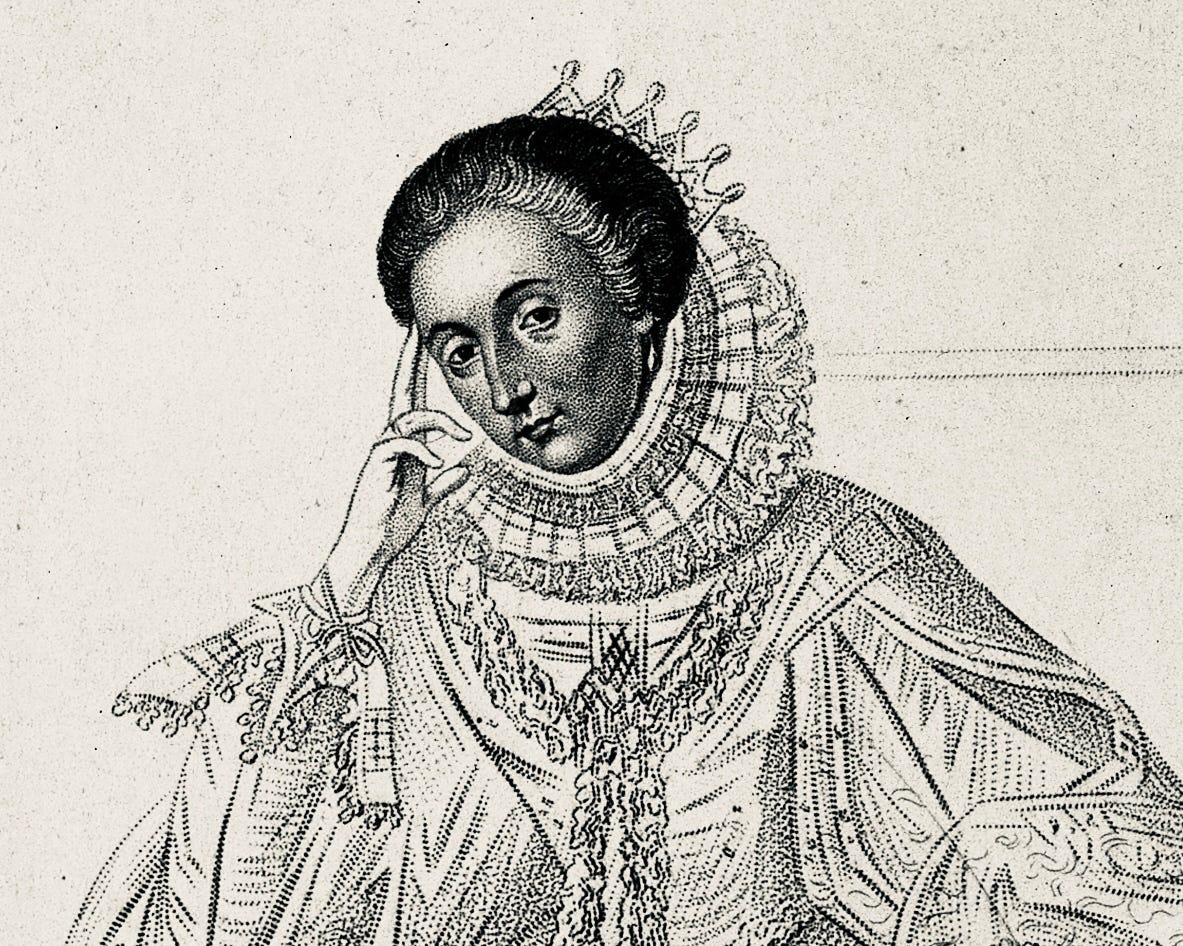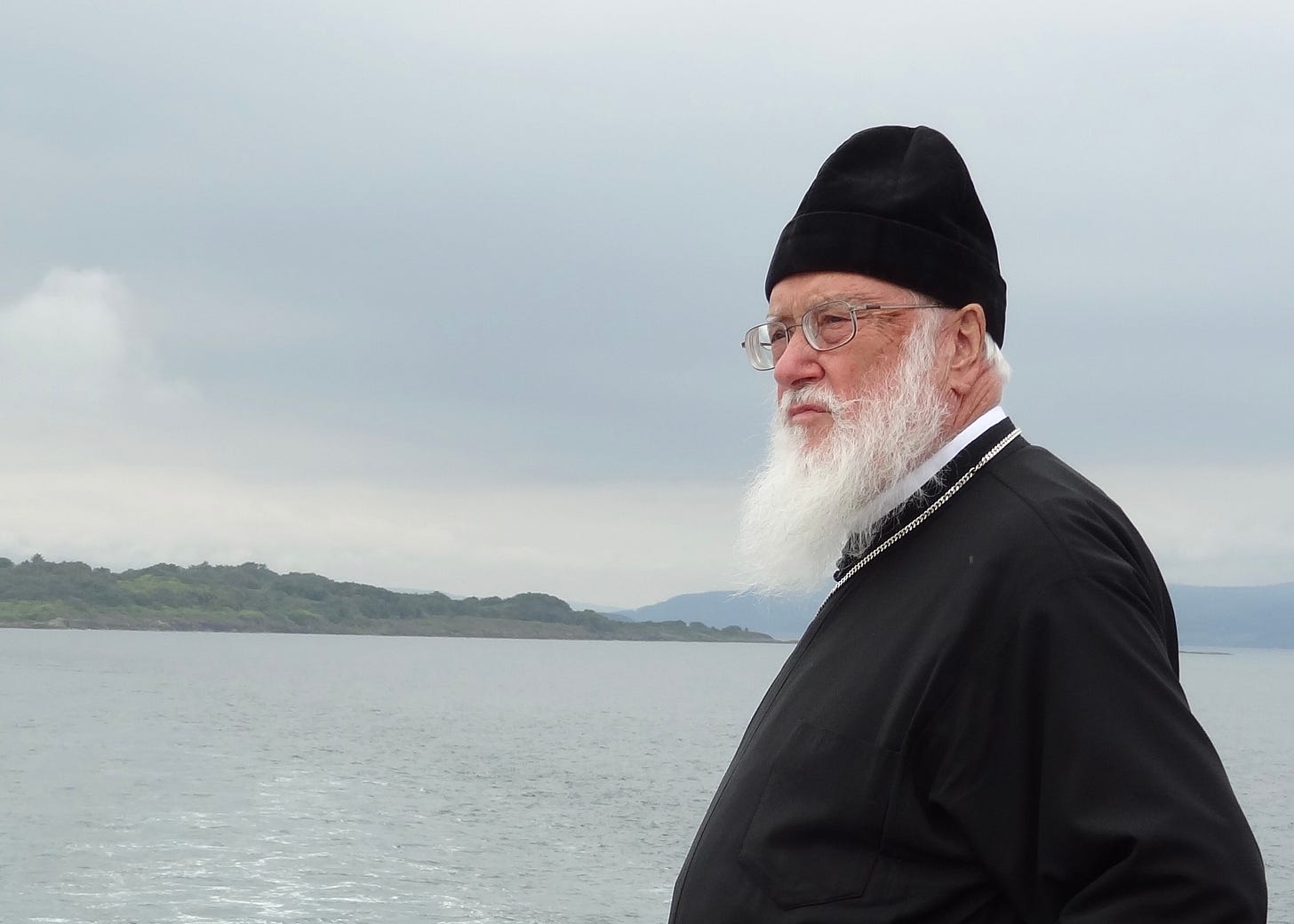Bookish Diversions: Agatha Christie, Speed Demon
Women Authors, Lost Talent, Joy Davidman, Kallistos Ware, 273-Year-Old Publisher, More
¶ First, a huge thanks to all of you! On Sunday we hit 500 subscribers. I began this project at the start of the year, and your ongoing interest and engagement keeps it fresh and fun. Thank you for reading, sharing, liking, and commenting. I’m excited about the reviews and diversions to come. I hope you are too. Please keep sharing and help us get to 1,000!
¶ Sibling rivalry. Sixteenth century Protestant leader and poet Philip Sidney was a third of the way through a translation of the Psalms when he took a bullet in the leg and died of gangrene. His sister, Mary, stepped in to finish the work. Who’s considered the superior poet?

“The third of the Psalter which is his contribution showcases Sidney’s poetic acumen, but Mary’s contributions are sublime,” says one summary of her work, adding:
Philip exhibits a “workmanlike facility,” whereas Mary embraces the “fertility of technical experimentation,” leading to a poetic voice that’s “more intense, certainly more formally inventive, and more adept at extending the metaphorical structure of the Psalm.” Philip’s brilliance was to envision molding Biblical language into something concurrent with the sixteenth century; Mary’s genius was to actually be able to do it.
The assessment isn’t uniquely modern. “Even by the nineteenth century, the literary historian Alexander B. Grosart wrote that the ‘Countess’s portion is infinitely in advance of her brother’s in thought, epithet, and melody.’”
¶ Lost wages. The comparison between the relative talent of the Sidney siblings brings to mind an observation by economist James Broughel after his reading Virginia Woolf’s A Room of One’s Own:
How much human capital has been lost due to the subordination of women throughout history? Women make up half of society and yet when one looks back throughout history almost all the dominant characters—in the arts, sciences, politics and so on—are men. This is a shame from the standpoint of justice, but as an economist I also can’t help but think about all of the Judith Shakespeares throughout history and the misallocation of their talent. By extension, this translates into foregone innovation, lost growth and lower living standards.
It brings to mind Federic Bastiat’s famous parable “That Which Is Seen, and That Which Is Not Seen.” We often don’t see the opportunity cost of our actions, i.e., that which we give up. How much genius, artistic or otherwise, have we lost by relegating women to the sidelines of human history?
¶ One possible example: C. S. Lewis’ legacy has totally overshadowed that of his wife, Joy Davidman. I’m only barely familiar with her work, but this 2006 essay by Cynthia Haven makes the case it’s substantial. How many other women artists are similarly overshadowed and worth reconsideration in their own right?
Not a subscriber? Take a moment and sign up. It’s free, and I’ll send you my top-ten quotes about books in your welcome email.
¶ Agatha Christie, speed demon. Many people confuse mystery writer Agatha Christie with her staid character Miss Marple. A new biography shows the identification couldn’t be further from the truth. “Christie’s nephew recalls egging her on as a young boy to drive her new car, a Wolsey 1500, at its maximum velocity of 85 m.p.h. along the U.K.’s newly built M4 motorway.” The novelist, it turns out, was quite the globetrotter as well, traipsing all over—especially on archeological digs in the Middle East with her second husband. What of her first husband? No surprise: There’s a mystery there, too, beginning when she once crashed her car and went on the lam.

¶ Scholar and shepherd. I’ve paid special attention lately to departures. David McCullough, then Frederick Buechner and Rodney Stark. Last week we lost another luminary. Orthodox Metropolitan Kallistos Ware passed away Wednesday, August 24. He was a beloved scholar, writer, translator, pastor, theologian, lecturer, and more. Writes Bradley Nassif,
Bishop Kallistos’ most famous books were The Orthodox Church, the standard introductory textbook for nearly 60 years; The Orthodox Way; and The Philokalia, a classic text of Orthodox spirituality which he co-translated. He served as the Spaulding Lecturer in Eastern Orthodox Studies at Oxford University for 35 years until his retirement in 2001. . . . After Oxford, he continued to publish but focused the remaining years of his life on strengthening the internal life of the Orthodox Church and on building bridges with non-Orthodox Christians, including Catholics, Anglicans, and evangelicals. A person like him only comes around once in a century.
Priest and theologian John Chryssavgis offers a similarly glowing tribute. One bit that stood out:
Ware would exhort you to pay attention to little things: the icon you venerated, the person you encountered, the gift of the present. He was convinced of Christianity’s constant surprise and limitless wonder; it could never be contained or constricted to a stagnant past and stereotypical tradition.
Along with those weightier matters, there was his sense of humor. I once heard a talk he gave in which he joked about falling asleep during a lecture—his own. “Met K had a good sense of humor,” said Frederica Mathewes-Green on Facebook. “He told me once how much he enjoyed the Monty Python show when it was first on the BBC in 1969.”
Memory eternal.
¶ Wheels within wheels. The reference to Monty Python reminded me of this bit from Nassim Nicholas Taleb in his book, Skin in the Game: “Consider the bishop in my parts, the Greek-Orthodox church: it’s a show of dignity. A bishop on rollerblades would no longer be a bishop.” I wonder if Metropolitan Kallistos would agree—or give it a go.
And speaking of Taleb, he has a long, meandering essay on Christianity worthy of attention.
¶ Unintended consequences. There are fifty-seven different angles one might pursue when thinking of the upsurge in local book bans and the like. What I find striking is how counterproductive they can be. I’m not arguing whether parents have a right to determine what’s in their children’s education. I am suggesting this particular tactic seems ineffective. Pulling, canceling, or banning books doesn’t keep kids from the ideas they contain. Instead, it reinvigorates book sales.
When, for instance, the literary estate of Dr. Seuss ceased licensing a handful of long-tail titles with cringy, inappropriate cultural references, sales for the books took off. The same happened for graphic novel Maus after a Tennessee school district pulled the plug on the title (see the chart below). Similarly, sales of The Satanic Verses rocketed to the top of Amazon sales and disrupted book inventories everywhere following the knife attack on Salman Rushdie. If you’re opposed to certain ideas for whatever reason, it would seem the last thing you’d want to do is ban them.

¶ How old are you? Independent academic publisher De Gruyter turns 273. “De Gruyter’s origins go back to Frederick the Great of Prussia’s decision to give the Königliche Realschule in Berlin permission to open a bookstore, and a mandate to publish important works of literature. . . . De Gruyter’s backlist includes books by Goethe, the Brothers Grimm, and Nietzsche.“
Thank you for reading! Please share Miller’s Book Review 📚 with a friend.
If you’re not a subscriber, take a moment and sign up. It’s free, and I’ll send you my top-ten quotes about books in your welcome email. They won’t improve your looks, but they’ll make you sound more interesting at parties. Thanks, again!



